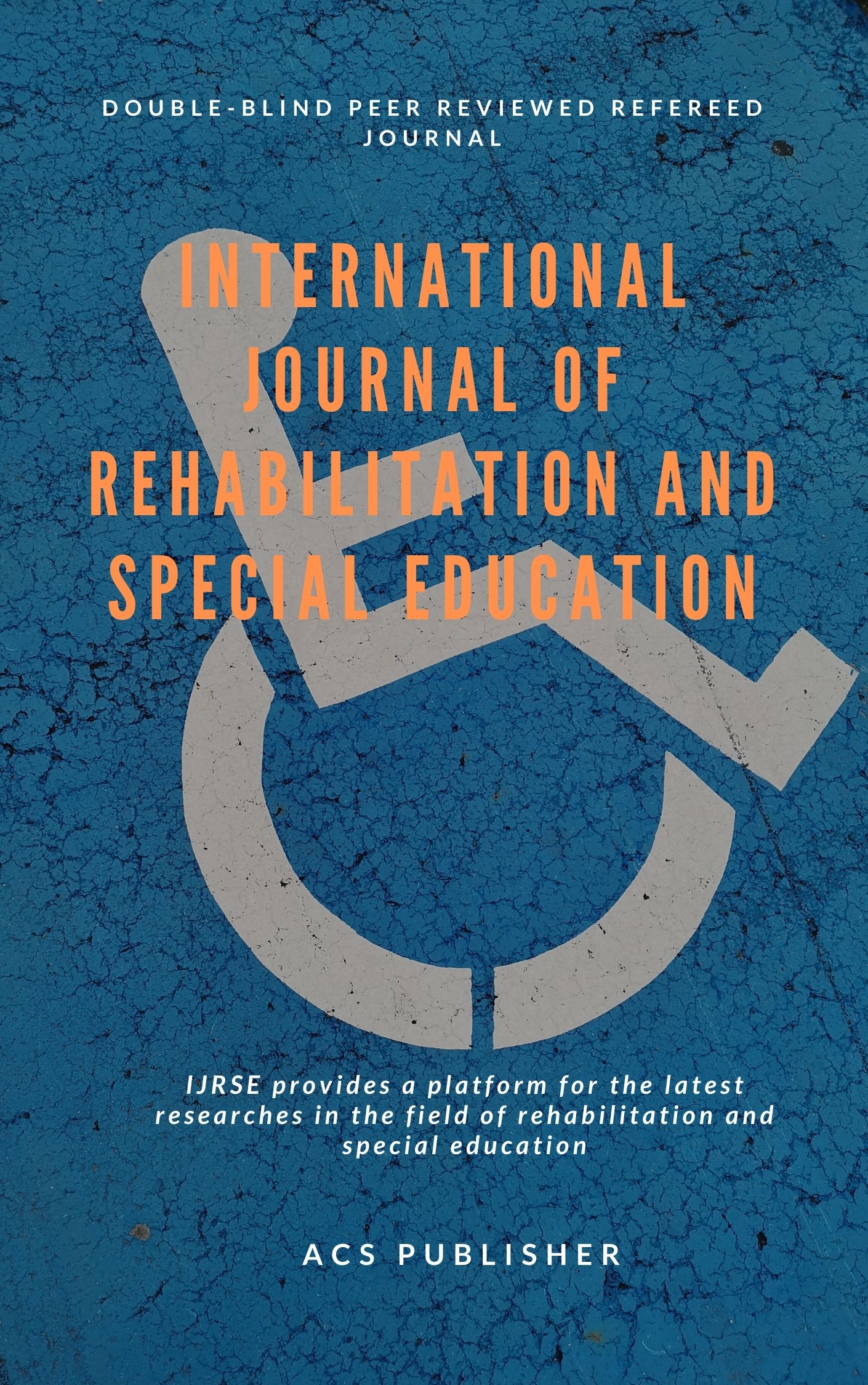Ethics and Malpractice Statement
Commitment to Ethical Standards
The International Journal of Rehabilitation and Special Education (IJRSE) upholds the highest standards of publication ethics in accordance with guidelines developed by the Committee on Publication Ethics (COPE). We are dedicated to the integrity, transparency, and responsibility of the scholarly publishing process and ensure that all manuscripts are evaluated fairly and without bias.
Evaluation of Manuscripts
All submissions to IJRSE are subject to rigorous peer review based solely on scientific merit, originality, and relevance. Manuscripts must be original work, unpublished elsewhere, and not under simultaneous consideration by other journals. Authors are required to affirm the originality of their work and properly cite any materials or ideas derived from other sources.
Ethical Compliance for Research
Research involving human participants or animals must adhere to internationally accepted ethical standards. Authors must obtain approval from an appropriate ethics committee or institutional review board and include a statement confirming informed consent from participants or their legal guardians where applicable.
Duties and Responsibilities of Editors
The Editorial Team, including Editors and the Publisher, holds the responsibility for final publication decisions. Editors must maintain impartiality by evaluating manuscripts without discrimination based on gender, ethnicity, nationality, political or religious beliefs, or institutional affiliation. Editors are required to avoid conflicts of interest and maintain the confidentiality of submissions during and after the review process. Appropriate measures will be taken to correct errors or ethical breaches identified in published articles.
Duties and Responsibilities of Reviewers
Reviewers play a critical role in ensuring publication quality. They must provide objective, constructive, and timely assessments while maintaining manuscript confidentiality. Reviewers are expected to disclose any potential conflicts of interest and not use unpublished information for personal gain. They should identify relevant prior work overlooked by authors and report any concerns related to ethical misconduct or plagiarism.
Duties and Responsibilities of Authors
Authors are expected to present accurate and original research findings. Manuscripts must not be submitted to multiple journals simultaneously. Proper citation of all sources and permissions for copyrighted material are mandatory. Authors must disclose any financial or personal conflicts of interest. Corrections or retractions will be issued for significant errors or ethical violations discovered post-publication, with authors cooperating fully in these matters.
Peer Review Process
IJRSE follows a double-blind peer review system to uphold fairness and confidentiality. Manuscripts undergo initial editorial screening followed by expert review. Review outcomes are communicated typically within 2-8 weeks. Authors are expected to resubmit revised manuscripts within 3 weeks unless otherwise indicated.
Plagiarism and Duplicate Publication
IJRSE has a strict zero-tolerance policy against plagiarism and duplicate publication. Manuscripts found to contain plagiarized content or substantial self-plagiarism will be rejected or retracted if detected post-publication. Detection is performed using recognized plagiarism screening tools. Authors must ensure that their work is original and properly referenced.
Handling of Ethical Complaints and Misconduct
Complaints regarding ethical breaches will be thoroughly investigated by the Editorial Team according to COPE guidelines. If misconduct such as data fabrication, falsification, or unethical research practices is confirmed, appropriate corrective actions including retraction, notification to authors’ institutions, and public statements may be taken.
Data Availability and Transparency
Authors are encouraged to make research data available for validation and reproducibility in accordance with ethical and legal guidelines. Data availability statements should be included in manuscripts where applicable.
Article Withdrawal and Retraction
Articles may be withdrawn or retracted due to errors, ethical violations, or duplicate publication. Retraction notices will be issued and linked to the original article to maintain the scholarly record’s integrity.
Proofs and Corrections
Authors will receive proofs for review and must promptly respond with corrections within 48 hours to avoid delays. Excessive corrections at this stage may lead to additional charges or publication postponement.

